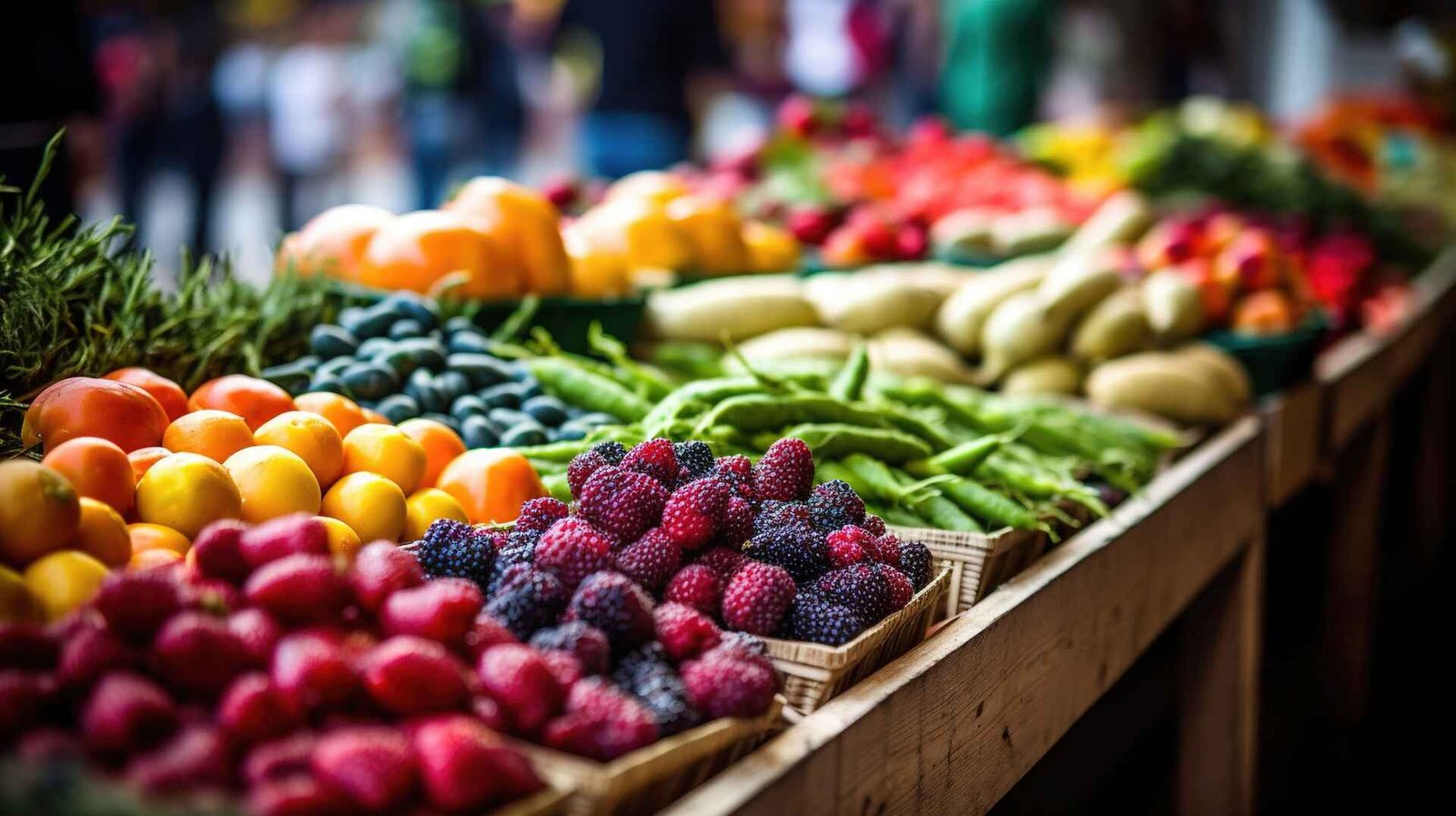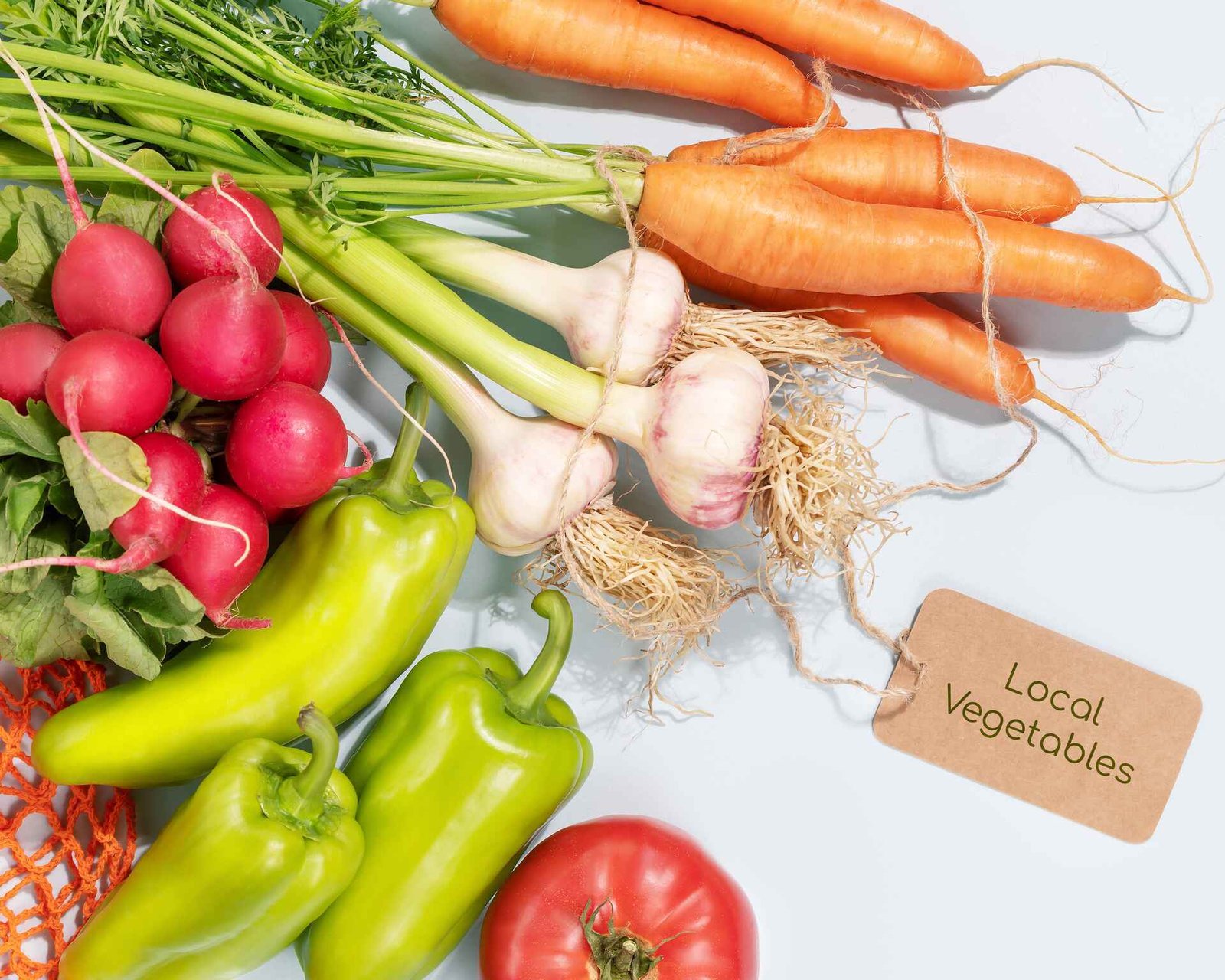What Are Whole Foods Markets?

Whole foods markets are places that specialize in selling natural, unprocessed foods. These stores provide fresh, organic, and locally sourced products, all free from artificial additives and preservatives. The primary goal is to offer food that is as close to its natural state as possible, promoting better health and sustainability.
Typically, these markets offer a wide variety of items, including fresh fruits, vegetables, whole grains, lean proteins, nuts, seeds, and organic dairy products. Additionally, they support eco-friendly farming practices by providing produce grown without synthetic pesticides or GMOs. As a result, whole foods markets help consumers make healthier food choices while encouraging a lifestyle that prioritizes well-being and sustainability.
In contrast to traditional supermarkets, these markets cater to those who are specifically looking for healthier alternatives. They can range from small, local shops to larger chains, and many offer educational resources, such as cooking classes and health workshops, to further promote a healthy lifestyle.
What Are Whole Foods?
Whole foods refer to foods that are in their natural form or have undergone minimal processing. These foods contain no artificial additives, preservatives, or refined ingredients.
By focusing on whole foods, you choose options that are as close to their original form as possible, which is believed to be beneficial for your health.
Whole foods are typically divided into several categories:
- Fruits and Vegetables: These are rich in vitamins, minerals, antioxidants, and fibre. Furthermore, they are low in calories and contain no added sugars.
- Whole Grains: Unlike refined grains, whole grains like brown rice, quinoa, and oats retain their fibre and essential nutrients.
- Nuts and Seeds: These foods are high in healthy fats, proteins, and fibre, providing an excellent energy source.
- Legumes: Beans, lentils, and peas offer plant-based protein and fibre, contributing to digestive health.
- Lean Proteins: Foods like fish, poultry, eggs and tofu are key sources of protein and help with muscle repair.

- Dairy Products: Organic, minimally processed milk, yogurt, and cheese provide essential nutrients like calcium and vitamin D.
Incorporating these whole foods into your diet ensures that you are getting the nutrients your body needs while avoiding harmful chemicals and additives.

Benefits of Eating Whole Foods
Eating whole foods provides numerous health benefits, both short-term and long-term. These foods are packed with essential nutrients that the body requires to function at its best. Here are the primary advantages of consuming whole foods:
- Improved Health
Whole foods are rich in vitamins, minerals, and antioxidants that contribute to overall well-being. For example, fruits and vegetables support your immune system and help maintain healthy skin. Additionally, whole grains like oats and brown rice provide fibre, which aids digestion.
- Better Digestion
Since whole foods are naturally high in fibre, they play a significant role in maintaining digestive health. Fiber helps regulate bowel movements, prevent constipation, and promote healthy gut bacteria. It also helps keep you full for longer, reducing the risk of overeating.
- Reduced Risk of Chronic Diseases
A diet rich in whole foods has been linked to a reduced risk of developing chronic diseases, such as heart disease, diabetes, and some cancers. The antioxidants and anti-inflammatory compounds found in fruits and vegetables help combat oxidative stress and inflammation, which are key contributors to many health conditions.
- Weight Management
Whole foods are typically low in unhealthy fats, refined sugars, and processed ingredients. Their high fibre content can help control hunger and prevent overeating. As a result, whole foods support healthy weight management and body composition.
- Increased Energy and Mental Clarity
Many people report feeling more energized and mentally clear when they switch to a diet rich in whole foods. Foods such as whole grains and healthy fats provide sustained energy throughout the day. Moreover, nutrients like omega-3 fatty acids and B vitamins are crucial for brain health.
- Better Skin Health
Whole foods can contribute to healthier, more vibrant skin. For instance, antioxidants found in fruits and vegetables, like vitamin C and beta-carotene, protect your skin from damage caused by environmental stressors like UV rays. Additionally, omega-3 fatty acids in foods like fish and walnuts help to hydrate the skin and reduce inflammation, promoting a clearer complexion.
Where to Buy Whole Foods in London?

If you’re looking to buy whole foods in London, there are plenty of options available. From large stores to smaller specialty markets, here are some of the top places to shop for fresh, organic, and minimally processed foods:
Whole Foods Market has several locations in London, including one in Kensington. Known for its wide selection of organic produce, whole grains, plant-based products, and sustainable seafood, it’s a great choice for those who value sustainability and ethical sourcing.
Another excellent option is Planet Organic, which has multiple locations across the city. Planet Organic offers a variety of organic and minimally processed foods, from fresh produce to grains, dairy, and health supplements.
While Holland & Barrett is best known for health supplements, they also offer a wide range of whole foods. These include organic grains, nuts, seeds, and dried fruits, all available at their many locations throughout London.
Specialist Markets in London for Whole Foods
London boasts several specialist markets where you can find fresh, organic, and whole foods. These markets not only offer high-quality produce but also support local farmers and sustainable food practices.
Located near London Bridge, Borough Market is one of the city’s most iconic food markets. While it is known for artisanal foods, it also features stalls selling organic fruits, vegetables, grains, and seasonal produce. Shopping here gives you the opportunity to support local, sustainable food practices.
Held in areas such as Islington and Marylebone, the Organic Farmers Market is the perfect place to find fresh, seasonal produce from local organic farmers. The direct interaction with growers allows you to learn more about where your food comes from.

Specialist Shops for Whole Foods in London
In addition to larger grocery stores, there are several independent shops in London that specialize in whole foods. Many of these stores focus on health and sustainability.
Daylesford Organic is an upscale store that specializes in organic produce, meats, dairy, and pantry staples. With multiple locations in London, Daylesford offers a curated selection of whole foods sourced sustainably, ensuring the highest quality.
